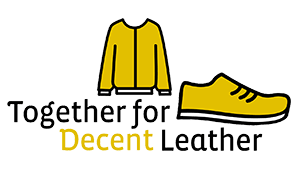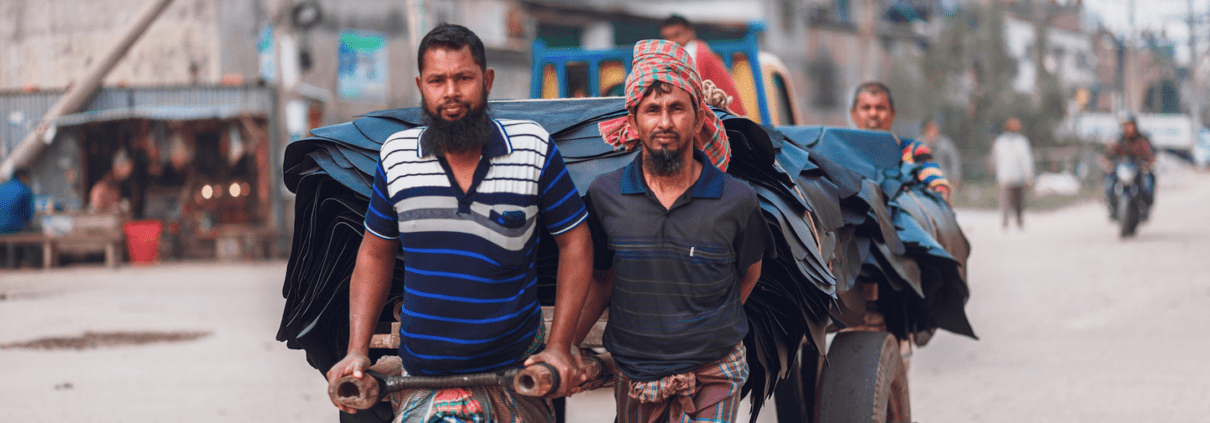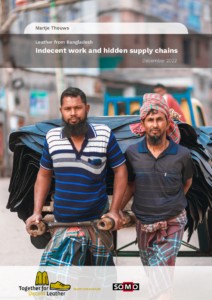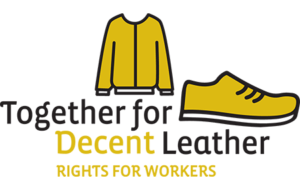European companies silent about their links to labour rights issues in Bangladesh tanneries
Leather tanneries in Bangladesh are well-known for their poor working conditions. Although it is clear that companies like Bristol, Scapino, and Wortmann (known for the brands Caprice and Marco Tozzi) source leather shoes from Bangladesh, whether they use leather from Bangladesh remains unknown. When asked, the companies did not answer. Questions to these companies on what they do to prevent labour rights risks in leather production, or to solve actual problems, also remained unanswered.
Martje Theuws (SOMO): “These shoe and leather brands’ supply chains remain hidden, while transparency and open communication should be the norm in such a high-risk sector. It is impossible to engage with buying companies about abuses in a country like Bangladesh if there is no public information about who buys what from where.”
For this research, SOMO contacted 13 shoe companies and 14 leather importers. Only six companies responded to SOMO’s questions.
Insecure, unhealthy, underpaid work
The Bangladesh Labour Foundation (BLF), an organisation that SOMO works closely with, conducted investigations into 26 leather tanneries in Savar, close to Dhaka. This research confirmed that labour rights are grossly violated in the production of leather in Bangladesh: very few workers have a contract; payment below the minimum wage is common; and working days are long. Workers in these tanneries also face severe health problems due to exposure to chemicals.
Ashraf Uddin (BLF): “Despite the efforts of the international labour movement, and the national plan of action of the Bangladesh government to address social security problems in this sector, much remains to be done. Foreign buyers of leather and leather products have a great responsibility in this regard. How they act towards producers and towards the government has a great impact on working conditions in the supply chain.”
Untransparent supply chain
It is extremely difficult to map leather supply chains from slaughterhouse to shop. Shoe brands, factories, tanneries, subcontractors, and leather traders together form an opaque web. This prevents civil society and others from holding buying companies publicly accountable for abuses in their supply chains.
Legislation on transparency needed
Since companies do not voluntarily share information about their supply chains, legislation is needed, according to the researchers. Upcoming legislation on corporate accountability at the European level and in EU members states that will oblige companies to conduct business with respect for human rights, the environment, and the climate should therefore also include firm provisions on supply chain transparency,” Theuws said.



